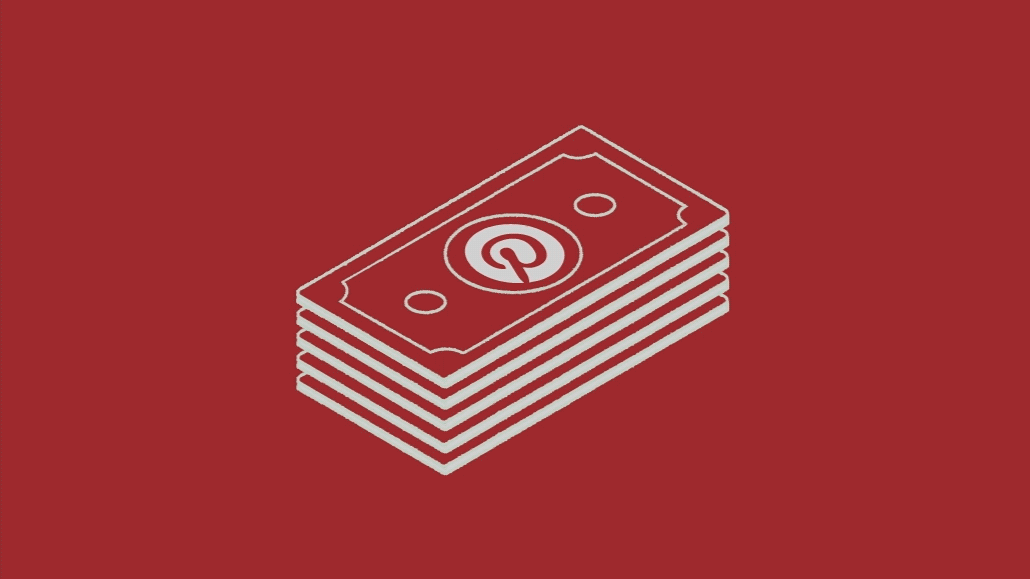Secure your place at the Digiday Media Buying Summit in Nashville, March 2-4
Not chasing every dollar: What Pinterest’s new weight loss ad policy means for advertisers

Pinterest is banning weight loss ads as the vaccine rollout makes for a steady return to social norms. The new policy was announced yesterday, prohibiting all ads with weight loss language and imagery.
Taking it a step further, the policy also bars testimonials regarding weight loss or weight loss products, language and imagery idealizing certain body types, reference to body mass index (BMI) and any products that claim weight loss through something worn or applied to the skin. As far as brand analysts are concerned, it’s a step in the right direction to keep the industry accountable regarding ad messaging, prioritizing people over profit.
“It’s showing the importance of platforms taking a stand on what’s appropriate content and not to chase every dollar bill,” said Allen Adamson, brand consultant and co-founder of Metaforce.
The weight loss policy, constructed with guidance and research from the United States’ National Eating Disorders Association (NEDA), builds on Pinterest’s already rigorous ad protocol. At present, the platform does not allow ads around body shaming, appetite suppressant pills or supplements, weight loss procedures or any claims regarding unrealistic cosmetic results. Political campaign ads, adult and nudity content and spots for tobacco are also forbidden.
Per the platform, any advertisement submitted around those topics will be rejected. The advertisers will be notified and allowed the chance to course correct.
“We know many people are facing added pressure, feeling added pressure as they look to get back out into their social circles for the first time in more than a year,” said Sarah Bromma, head of policy at Pinterest.
It’s a move that the executive says prioritizes the platform’s users over ad dollars, essentially, “putting their emotional and mental health and wellbeing first.”
And it could set a precedent beyond Pinterest. Bromma hopes other platforms will follow suit, barring all potentially harmful content from their platforms and pushing advertisers to think twice about their messaging. “Responsible media is something that the entire industry is thinking about a lot right now across a range of issues, not just weight loss,” she said. “[Pinterest] can’t make that change or facilitate that change in the industry in a vacuum.”
According to Adamson, Pinterest’s new policy sets the bar for responsible media, putting the onus on social media platforms to better vet ads as opposed to a place where “any snake oil salesman can post something.”
There’s also the prospect of keeping influencers and creators accountable who have often come under fire for promoting weight loss supplements under false pretenses, Adamson said.
“I think it’s the first step in a long journey,” he said.
More in Marketing

Future of Marketing Briefing: AI’s branding problem is why marketers keep it off the label
The reputational downside is clearer than the branding upside, which makes discretion the safer strategy.

While holdcos build ‘death stars of content,’ indie creative agencies take alternative routes
Indie agencies and the holding company sector were once bound together. The Super Bowl and WPP’s latest remodeling plans show they’re heading in different directions.

How Boll & Branch leverages AI for operational and creative tasks
Boll & Branch first and foremost uses AI to manage workflows across teams.








